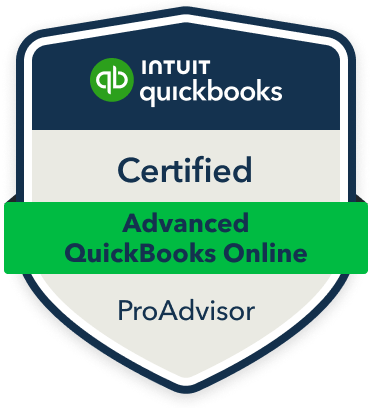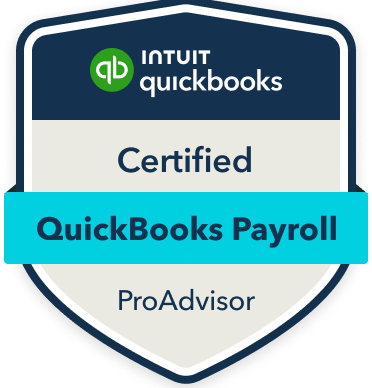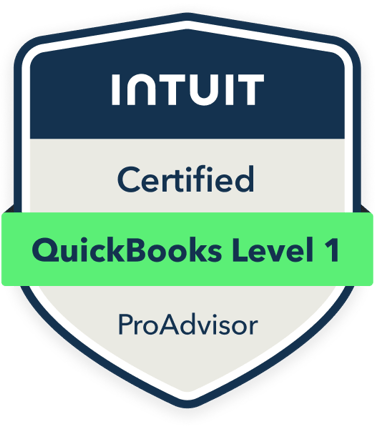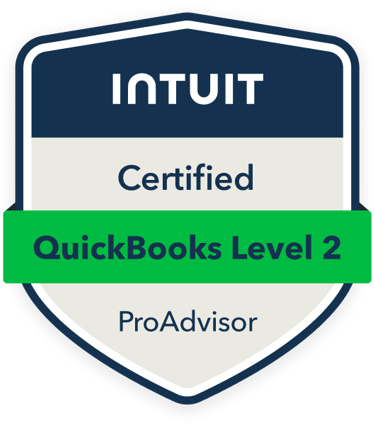How Business Owners Can Strategize for Future Financial Planning
Effective financial planning is critical for the long-term success and sustainability of any business. By developing a solid financial strategy, business owners can navigate uncertainties, seize opportunities, and achieve their goals. In this post, we’ll explore practical strategies and insightful tips to help you plan for your business's financial future and ensure continued prosperity.


How Business Owners Can Strategize for Future Financial Planning
As a business owner, planning for the future is crucial for long-term success and sustainability. A solid financial plan can help you navigate uncertainties, seize opportunities, and achieve your business goals. Here are some key strategies to help you plan for the future financially and ensure a prosperous path for your business.
Set Clear Financial Goals
Short-Term and Long-Term Goals
Start by defining clear financial goals for your business. These should include short-term goals (e.g., increasing monthly revenue) and long-term objectives (e.g., expanding to new markets). Having specific targets helps you stay focused and measure your progress.
SMART Goals
Ensure your goals are SMART: Specific, Measurable, Achievable, Relevant, and Time-bound. This approach makes it easier to track your progress and adjust your plans as needed.
Create a Detailed Budget
Comprehensive Budgeting
Develop a comprehensive budget that outlines your projected income and expenses. Include all aspects of your business, such as operating costs, payroll, marketing, and capital expenditures. A well-planned budget is a roadmap for managing your finances effectively.
Regular Review
Regularly review and update your budget to reflect changes in your business environment. This allows you to stay on top of your finances and make informed adjustments.
Establish an Emergency Fund
Safety Net
An emergency fund acts as a financial safety net for your business, covering unexpected expenses or periods of reduced revenue. Aim to set aside three to six months' worth of operating costs.
Regular Contributions
Contribute to your emergency fund regularly, treating it as a priority in your financial planning. This ensures you are prepared for unforeseen challenges and can maintain business continuity.
Monitor Cash Flow
Cash Flow Statements
Regularly generate cash flow statements to track the inflows and outflows of cash in your business. Understanding your cash flow helps you manage liquidity and ensure you have enough funds to cover expenses.
Optimize Cash Flow
Identify and address cash flow issues promptly. This could involve improving invoice collection processes, negotiating better payment terms with suppliers, or reducing unnecessary expenses.
Invest in Technology and Innovation
Technological Upgrades
Investing in technology and innovation can enhance your business operations, improve efficiency, and reduce costs. Explore tools and software that can streamline processes such as inventory management, customer relationship management (CRM), and finance.
Stay Competitive
Staying ahead of technological trends helps your business remain competitive and adaptable to changing market conditions.
Diversify Revenue Streams
Multiple Income Sources
Relying on a single revenue stream can be risky. Explore opportunities to diversify your income sources, such as offering new products or services, entering new markets, or forming strategic partnerships.
Mitigate Risks
Diversification reduces the risk of financial instability and provides a buffer during economic downturns or industry-specific challenges.
Plan for Taxes
Tax Planning
Effective tax planning is essential for minimizing your tax liability and maximizing your savings. Regularly consult with a tax professional to ensure compliance with tax laws and identify potential deductions and credits.
Estimated Payments
Make timely estimated tax payments to avoid penalties and ensure accurate financial planning throughout the year.
Invest in Employee Training and Development
Skilled Workforce
Investing in the training and development of your employees can lead to a more skilled and productive workforce. This boosts efficiency, innovation, and overall business performance.
Employee Retention
Providing growth opportunities and continuous learning also helps attract and retain top talent, contributing to your business’s long-term success.
Seek Professional Advice
Financial Advisors and Accountants
Consulting with financial advisors and accountants can provide valuable insights into managing your finances. Professional advice can help you optimize profits, reduce costs, and develop effective financial strategies.
Regular Reviews
Schedule regular reviews with your financial advisors to stay updated on your financial status and adjust your plans as needed.
Planning for the future financially is essential for the sustainability and growth of your business. By setting clear goals, creating a detailed budget, establishing an emergency fund, and seeking professional advice, you can navigate uncertainties and seize opportunities for success. Implement these strategies to ensure your business is well-prepared for the financial challenges and opportunities that lie ahead.








